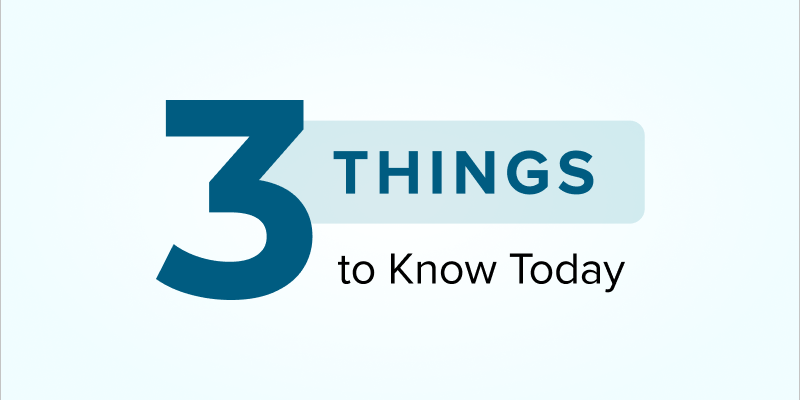

Some Doctors OK With Lower Pay
Doctors say some lower-paying jobs have rewards and benefits that outweigh the cost.
Lower-paid medical jobs include those in rural areas, at Medicaid practices, or in public health compared with private practice, which pays higher.
But private-pay physicians may have to work longer hours or face pressure to see more patients. A growing number of physicians are opting for a “lifestyle” practice — accepting lower compensation in order to see a limited number of patients or work only a few days per week.
Location, location, location: Though some doctors are choosing to make less money, where they live matters. Although physicians who live in expensive areas are usually paid more, those higher salaries aren’t always enough.

Masks Work in Schools, Study Says
School districts that lifted mask mandates for students saw higher COVID-19 rates compared with districts that didn’t, new research shows.
Lifted mask mandates accounted for 30% of 12,000 COVID-19 cases in Boston-area school districts, resulting in at least 17,500 missed school days for students and 6500 among staff, according to the study published in The New England Journal of Medicine.
Massachusetts education officials removed statewide school masking requirements in February.
Money didn’t matter: Cases increased substantially among schools that removed the mask requirements, including some that had more resources to avoid and mitigate disease, the study notes.
Controls: Most school districts lifted mask requirements, but two school districts — Boston and Chelsea — retained them throughout the study period, affording researchers a point of comparison.

Nutrition Program Slows Dementia, Research Shows
Older adults who took part in a federal nutrition program had slower rates of memory decline than those who didn’t, new research shows.
Those who didn’t take part in the US Supplemental Nutrition Assistance Program (SNAP) experienced 2 more years of cognitive aging compared with those who did, according to the study published in Neurology .
The results suggest that officials should encourage more participation in SNAP as a way to prevent dementia.
Who was studied: The findings are contained in a study of the memory function of about 3500 persons who used or did not use SNAP over a period of 20 years. All were eligible, but only 559 took part in SNAP.
Why it worked: Researchers speculate that SNAP slows cognitive aging by contributing to overall brain health and that SNAP users absorb more nutrients, which promote neuronal integrity.
Why people opt out: Prior research shows that stigma prevents the older US population from enrolling in SNAP.
For more news, follow Medscape on Facebook, Twitter, Instagram, and YouTube
Source: Read Full Article
